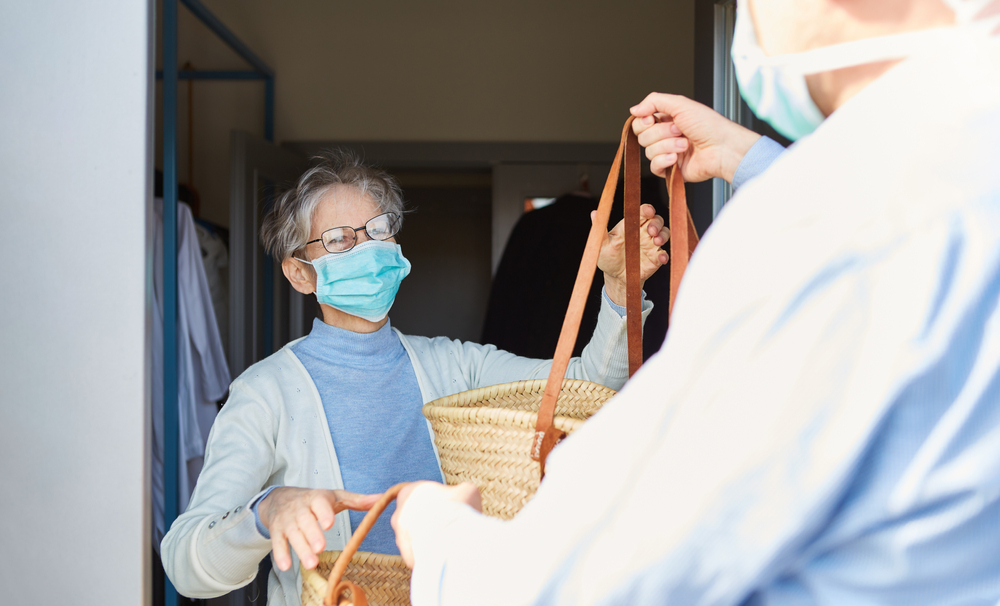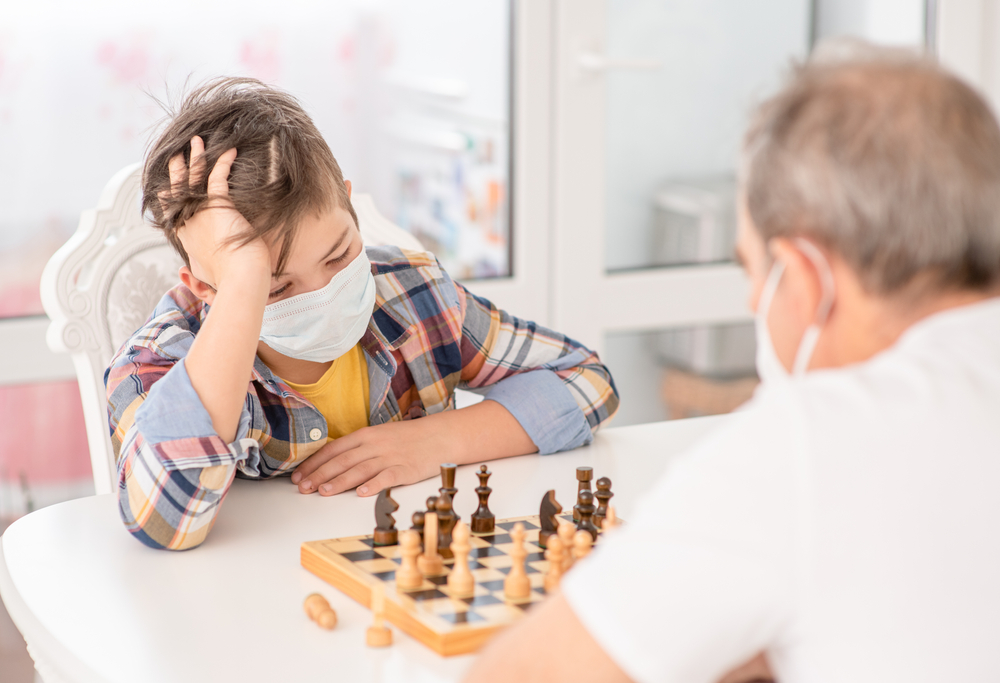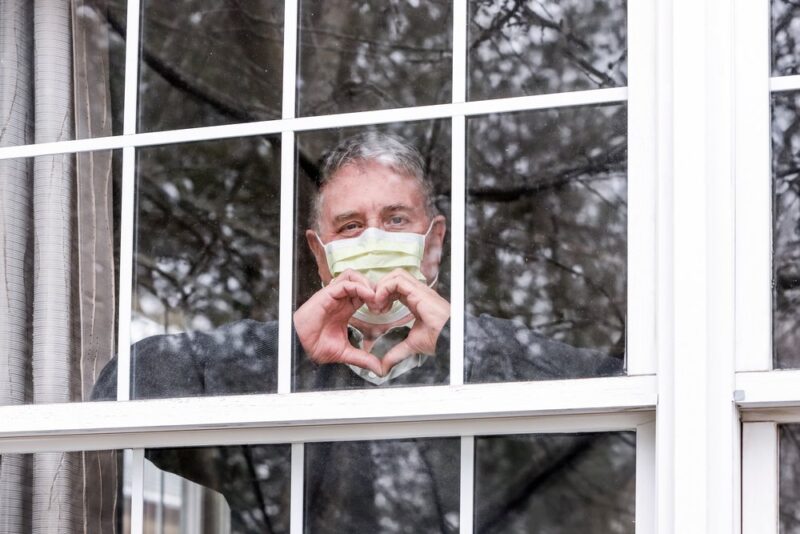On May 13th, the Center for Disease Control and Prevention (CDC) announced that fully vaccinated adults can get back to the indoor activities they enjoyed before the pandemic. CDC Director Dr. Rochelle Walensky told reporters at the White House that science has shown that vaccines are working.
“If you are fully vaccinated, you can start doing the things that you had stopped doing because of the pandemic. We have all longed for this moment when we can get back to some sense of normalcy. Based on the continuing downward trajectory of cases, the scientific data on the performance of our vaccines, and our understanding of how the virus spreads, that moment has come for those who are fully vaccinated.”
We’re putting dinner with friends and concerts back on the calendar. While most of us cannot wait to throw open the doors, older adults may not be as eager to rejoin the masses. Seniors have been especially vulnerable to the effects of social isolation during the pandemic. Even after vaccination, venturing out of the house for an extended period may seem daunting for a senior. It is important to help older adults understand the new CDC guidelines and be patient in their journey back to a new normal.

New Recommendations For Fully Vaccinated Adults:
- You do not have to wear a mask or practice social distancing in gatherings of any size.
- You do not need to take a COVID test if you have been exposed and are asymptomatic. You do not need to take a COVID before or after travel within the U.S. Check with your international destination about that country’s COVID policies, as they may differ.
- You still need to show a negative test result or documentation of recovery from COVID-19 before boarding an international flight to the United States.
- You do not need to quarantine after arriving back in the United States.
- The federal government still mandates mask wearing on public transportation including planes, buses, and trains, as well as in transportation hubs like airports.
- State and local governments and businesses may also continue mask mandates for the time being.
- Remain vigilant in checking for symptoms of the COVID virus, and continue to wash your hands frequently.

When speaking with seniors about these guidelines, explain them in simple terms. Remind them that it is safe, and that they can continue to wear a mask to ease any concern. Most likely, your senior has been somewhat isolated for an extended period. Be supportive with their apprehension, and don’t force them to attend a gathering if they are not ready.
Start with bringing friends and family to their home rather than going out. This will remind your senior that they are loved and supported. A slow introduction is also appropriate for activities outside the home. A short trip for a few groceries may be enough for an older adult. Build up to eating at a restaurant or enjoying a matinee at the movies. Your senior will appreciate your patience, and you will appreciate their smile.
The CDC’s guidelines to the COVID-19 pandemic are updated often. While we can now enjoy most of the activities we did before it started, COVID-19 is still a real problem that can affect the health of unvaccinated adults and children. As more adults and children become vaccinated, a full reopening is within sight. With cautious optimism, getting back to normal is worth celebrating.
–
